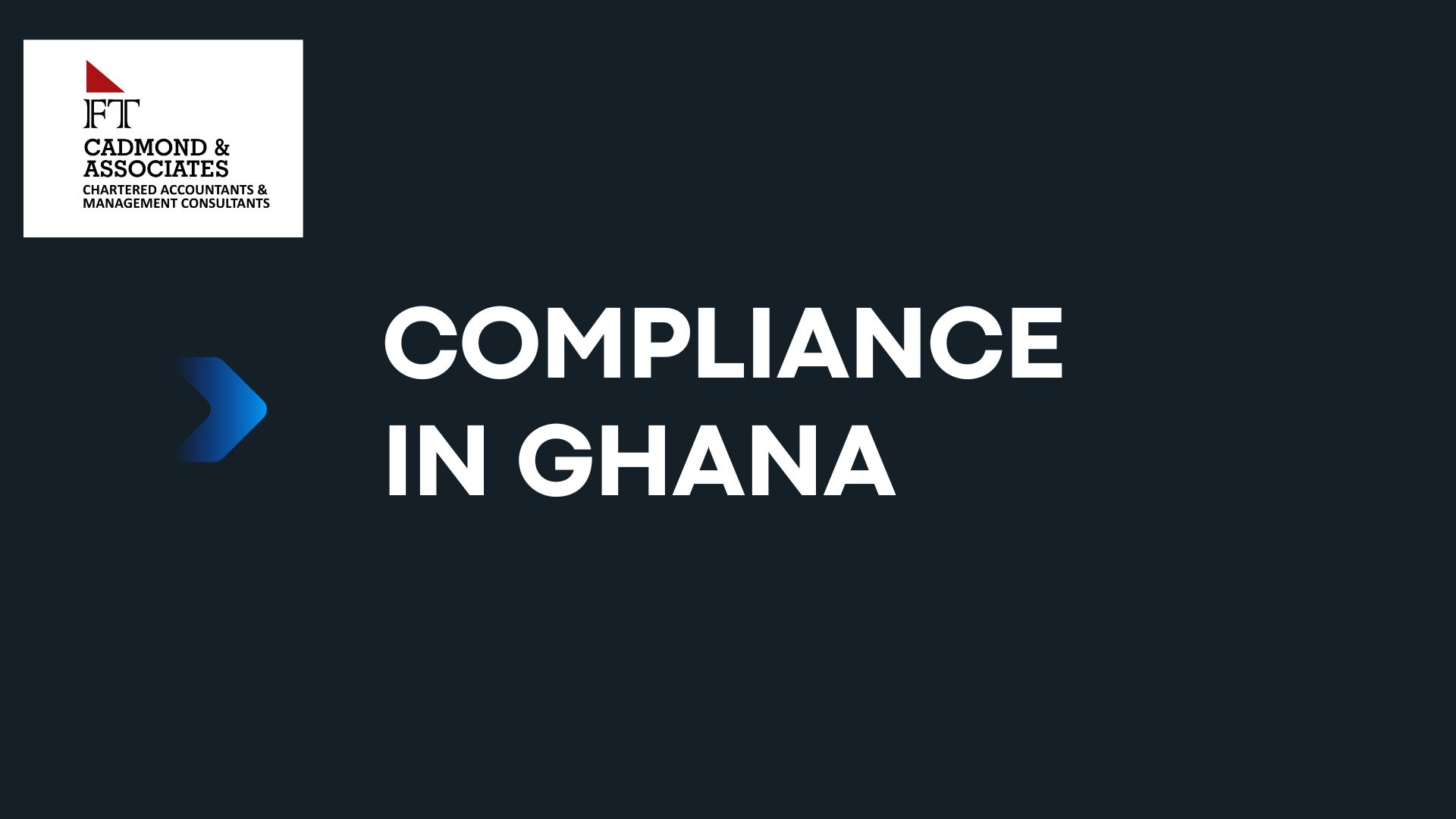
- Klenam Bright Elewosi
- Tax
Ghana has recently implemented a new value added tax (VAT) system, which has been met with mixed reactions from the public and businesses alike. The new VAT system, which went into effect on January 1st, 2019, replaces the old sales tax system and aims to increase government revenue and improve the country's economic stability.
One of the main changes under the new VAT system is the increase in the standard VAT rate from 12.5% to 15%. This means that the price of goods and services will likely increase for consumers. However, the government has also introduced a number of exemptions and reductions to mitigate the impact on low-income households and small businesses. For example, basic necessities such as food and medicine will be exempt from VAT, and small businesses with annual sales of less than GHS 1 million will be eligible for a reduced VAT rate of 12.5%.
The new VAT system also introduces a number of measures to improve compliance and reduce fraud. For example, businesses will now be required to register for VAT and file returns electronically, which will make it easier for the government to track and monitor compliance. Additionally, the government has established a VAT fraud unit to investigate and prosecute cases of fraud.
The implementation of the new VAT system has not been without its challenges. Some businesses have complained about the administrative burden of registering for VAT and filing returns electronically. Additionally, some have expressed concerns that the increased VAT rate will hurt their bottom line and make it harder for them to compete in the marketplace.
Despite these challenges, the government has emphasized the importance of the new VAT system for the country's economic stability and growth. By increasing government revenue, the new VAT system will help fund important public services such as healthcare and education. Additionally, by improving compliance and reducing fraud, the new VAT system will create a more level playing field for businesses and promote competition.
In conclusion, the new VAT system in Ghana represents a significant change for both consumers and businesses. While the increased VAT rate may lead to higher prices for consumers, the government has introduced a number of exemptions and reductions to mitigate the impact on low-income households and small businesses. Additionally, the new VAT system will improve compliance and reduce fraud, which will ultimately benefit the economy as a whole. It is important for businesses to familiarize themselves with the new VAT system and comply with the necessary requirements in order to avoid penalties and fines.






